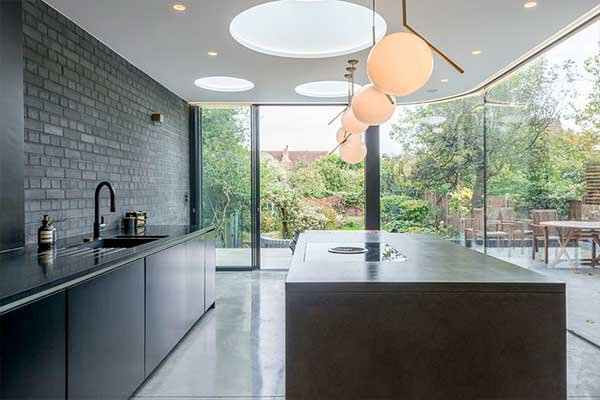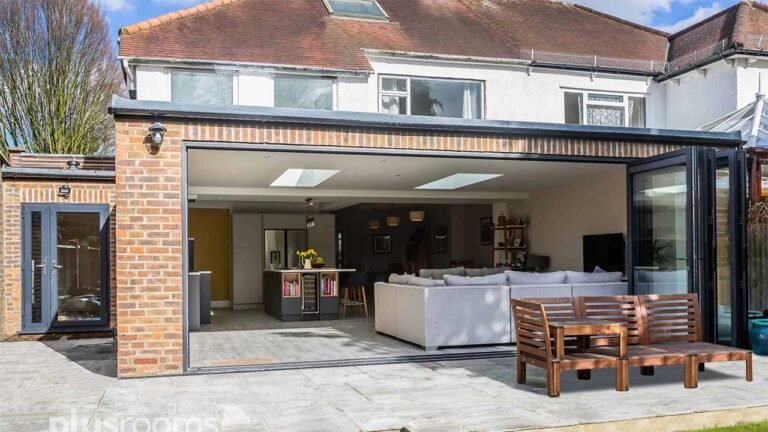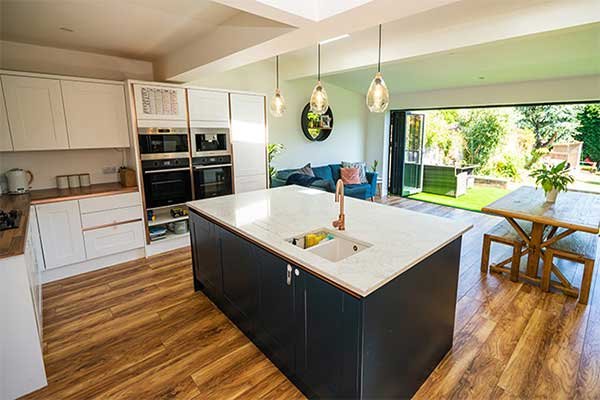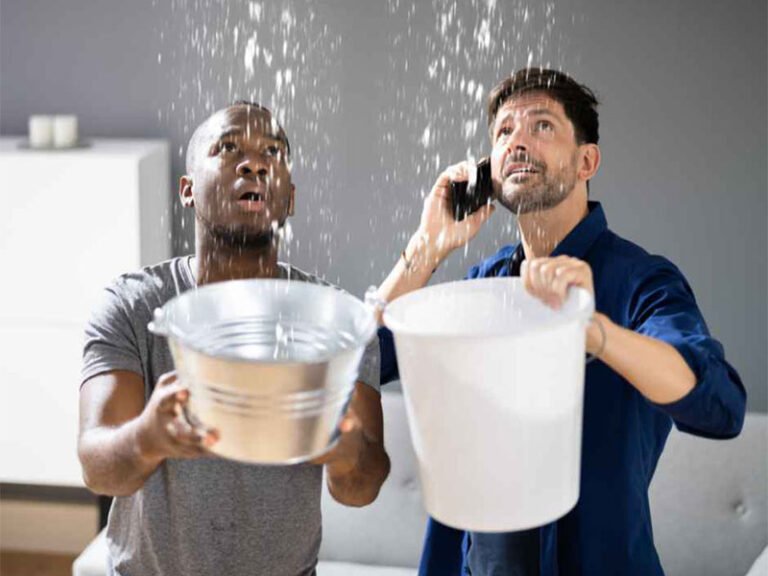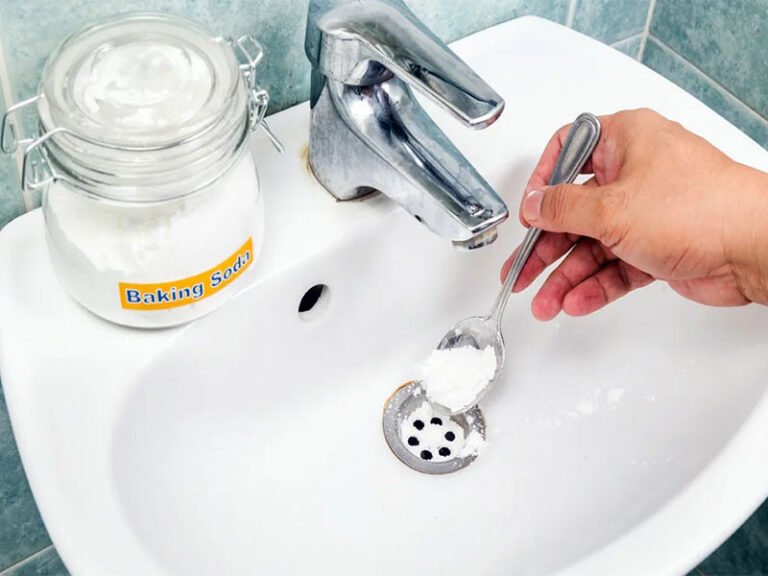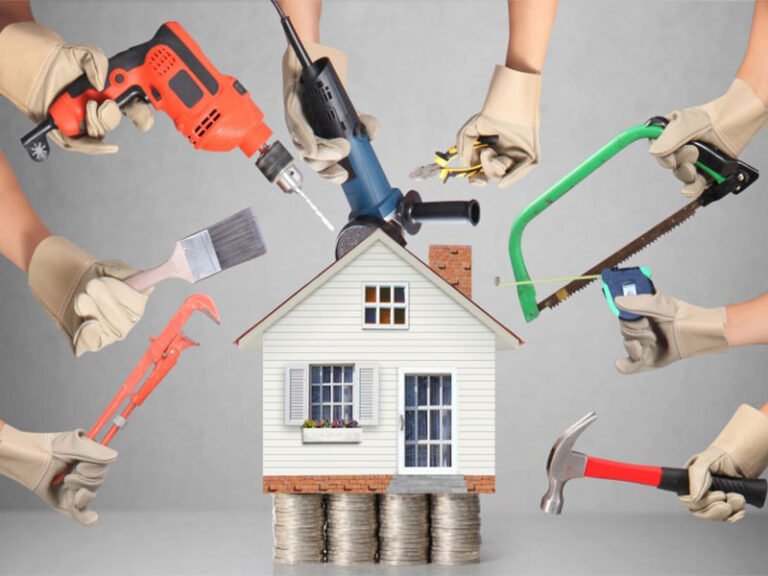Planning Your Extension
Planning a house extension can be an exciting venture, offering you the chance to increase living space, add value, and enhance the functionality of your property. However, the process can be daunting without a solid understanding of budgets, building regulations, and design choices. In this article, we will explore the step-by-step approach to planning a successful extension. From crafting a clear vision to choosing the right construction team, you will discover practical tips and insights to help you achieve a smooth and rewarding experience.

Setting Clear Goals
Identifying Your Needs
Think about why you want an extension. Is it for a bigger kitchen, an extra bedroom, or a home office? Identifying your main objective will guide your design choices and budget allocations. It also ensures that the new space fits perfectly with your lifestyle.
If you plan to sell in the future, focus on improvements that add market appeal. Extra bedrooms, open-plan living, or larger family areas often attract buyers. Research local property values to see whether your extension will likely increase resale potential.
Slow-Draining Sinks
Blockages from hair, grease, or soap scum can cause sinks to drain slowly. This can be a frustrating problem, especially in the kitchen or bathroom.
Solution:
Preventative care is just as important. Use drain strainers to catch hair and other debris, and avoid pouring grease or coffee grounds down the sink. These simple habits can save you time and effort in the long run.


Low Water Pressure
If your shower or taps have weak water flow, sediment build-up in the pipes or fixtures might be to blame. Low water pressure can also result from issues with your main water supply.
Solution:
If the problem persists, check with your water supplier or consider consulting a professional plumber to inspect the pipes.
When to Call a Professional
Not all plumbing problems are DIY-friendly. If a plumbing issue persists or seems complex, like a leaking pipe or water heater problem, don’t hesitate to Mr Fix, your local plumbing professional. DIY fixes are handy, but your safety should always come first.

